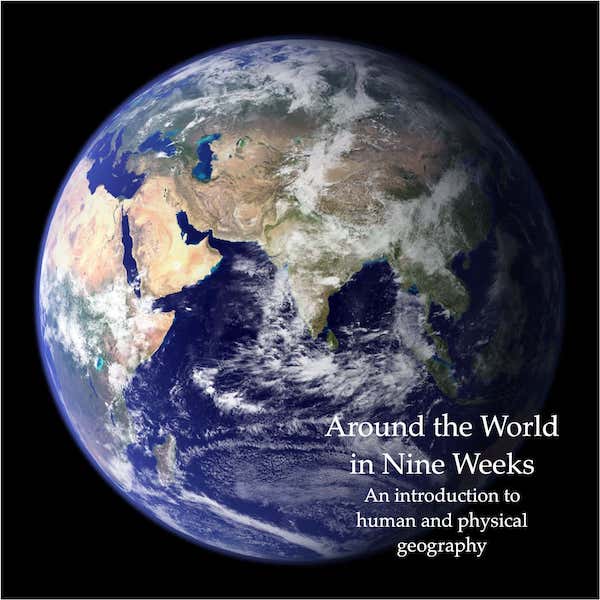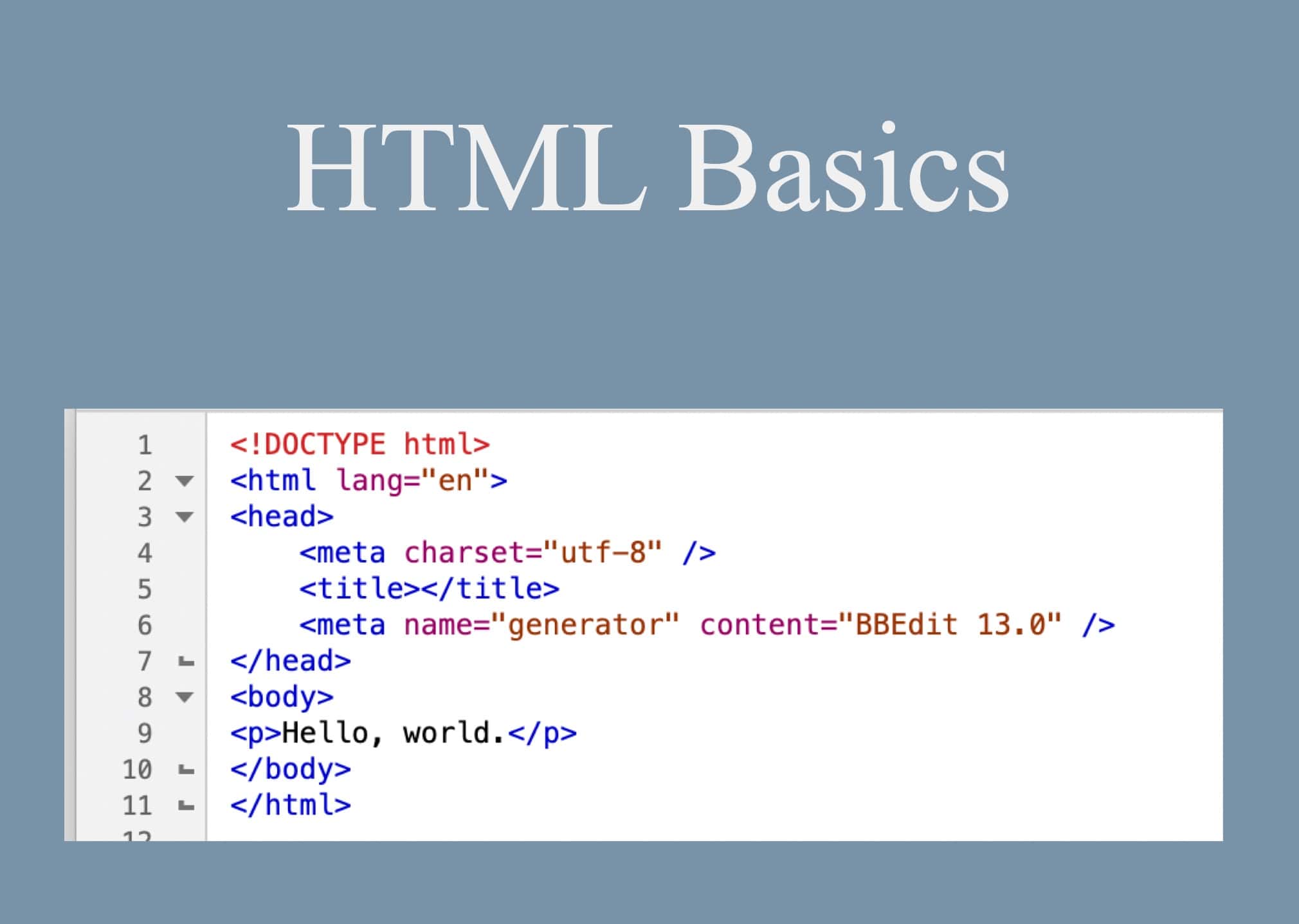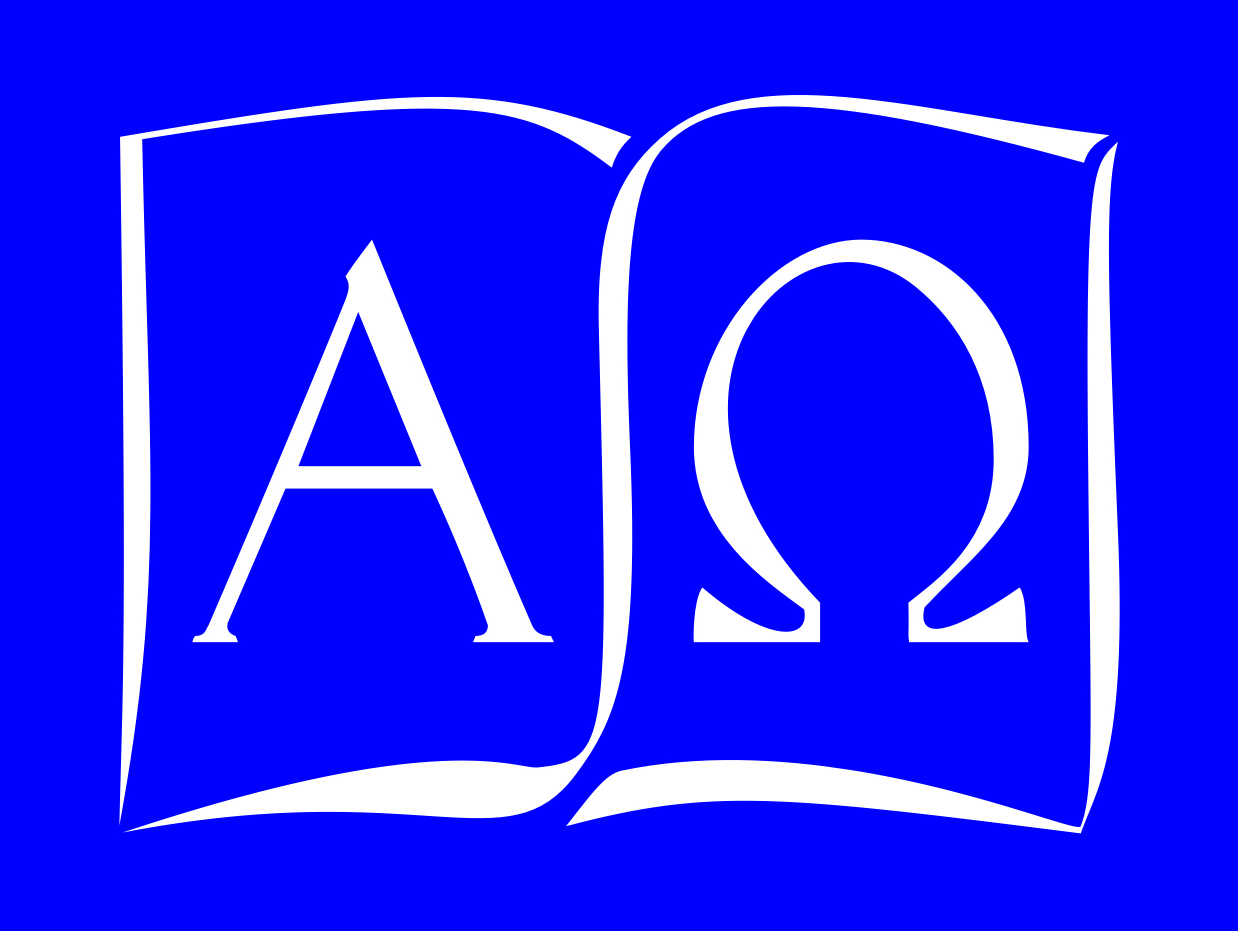Scholars Online Course List
Scholars Online Course Catalog for 2026
Scholars Online offers more rigorous, more intellectually honest, better rounded, and more socially stimulating education than any of the universities I have attended as student or taught at as faculty.
—John E., former student
To enroll in the courses below, create a member account (see Becoming a Member), then log in and use the menu from your secure account to create student accounts and enroll students in courses.
Summer Term courses for 2026
| History | |||
| Around the World in Nine Weeks |  During our first session, we'll explore the nature of geography and its branches — physical, social, environmental, and regional, and the disciplines of mapmaking and chartmaking to display information tied to locations. In the following seven weeks, using short videos, animations, and live chat discussions, we will look at major regions of the world, focusing on physical geography. In our final session, you will present reports on a region or country that you find particularly fascinating.
Be better prepared to understand historical information, literary references, and current events! During our first session, we'll explore the nature of geography and its branches — physical, social, environmental, and regional, and the disciplines of mapmaking and chartmaking to display information tied to locations. In the following seven weeks, using short videos, animations, and live chat discussions, we will look at major regions of the world, focusing on physical geography. In our final session, you will present reports on a region or country that you find particularly fascinating.
Be better prepared to understand historical information, literary references, and current events! | 1: C. McMenomy Tu 11:00 AM-12:30 PM ET | $250.00 |
| Programming | |||
| HTML Basics |  This course covers the basic elements of HTML5 (the current standard hypertext markup language) used in webpage production, with an emphasis on the fundamentals of web page mechanics and design. In a series of live chat sessions, students will copy and implement the techniques demonstrated and perform hands-on exercises to learn how HTML tags control page layout, fonts, links, lists, and tables. Students will create simple forms to collect information from the site user, and configure cascading style sheets to change the look and feel of their websites. We will also discuss site design and readability, and explore internet resources to continue development of basic skills. Note: This course is revised every year to incorporate the latest HTML5 features. This course covers the basic elements of HTML5 (the current standard hypertext markup language) used in webpage production, with an emphasis on the fundamentals of web page mechanics and design. In a series of live chat sessions, students will copy and implement the techniques demonstrated and perform hands-on exercises to learn how HTML tags control page layout, fonts, links, lists, and tables. Students will create simple forms to collect information from the site user, and configure cascading style sheets to change the look and feel of their websites. We will also discuss site design and readability, and explore internet resources to continue development of basic skills. Note: This course is revised every year to incorporate the latest HTML5 features. | 1: C. McMenomy We 1:00 PM-2:30 PM ET | $250.00 |
 Scholars Online is fully accredited through the Middle States Accreditation Commissions on Elementary and Secondary Schools.
Scholars Online is fully accredited through the Middle States Accreditation Commissions on Elementary and Secondary Schools.
Hosted on Interserver


